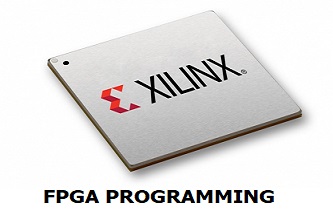Dataloop AI and Qualcomm to develop AI models for Snapdragon devices
Dataloop AI, an end-to-end, data-centric AI development platform for data and AI teams, has announced a collaboration with Qualcomm Technologies at Snapdragon Summit to create and deploy AI models for Snapdragon devices.
This collaboration aims to significantly accelerate development AI models for mobile, automotive, IoT, and other computing devices powered by Snapdragon platforms.
With the newly created, fully automated AI Pipeline on the Dataloop AI platform, application and model developers gain direct access to a comprehensive suite of AI development tools for building AI models and applications tailored for devices powered by Snapdragon® platforms. They can then use Qualcomm® AI Hub to seamlessly deploy these models across a wide array of devices powered by Snapdragon platforms.
Dataloop enables AI developers to streamline the entire AI lifecycle through an automated pipeline that includes data curation, labelling, model fine-tuning, and integration with Qualcomm AI Hub, which compiles, optimizes, and profiles the ready-to-deploy model.
Nir Buschi, Co-Founder & CBO at Dataloop AI, said: “The Qualcomm AI Hub helps enhance the efficiency of AI development. Dataloop’s comprehensive platform simplifies the entire AI lifecycle, while Qualcomm Technologies’ innovations enable models that are optimized and ready for deployment on edge devices, empowering developers to accelerate innovation and bring AI models to market faster.”
Siddhika Nevrekar, Senior Director of Product Management at Qualcomm Technologies Inc., said: “Qualcomm Technologies is collaborating with Dataloop to streamline on-device AI deployment. With Dataloop’s automated pipelines and robust data management, developers can effortlessly create powerful AI systems and seamlessly deploy them on-device using our Qualcomm AI Hub.”
Dataloop supports AI teams throughout the entire AI application deployment process, enabling them to consistently build and deploy applications swiftly and accurately. With its data-agnostic approach and support for diverse types of unstructured data, it addresses the needs of industries dealing with complex data workflows and challenges in data quality and AI model training.











